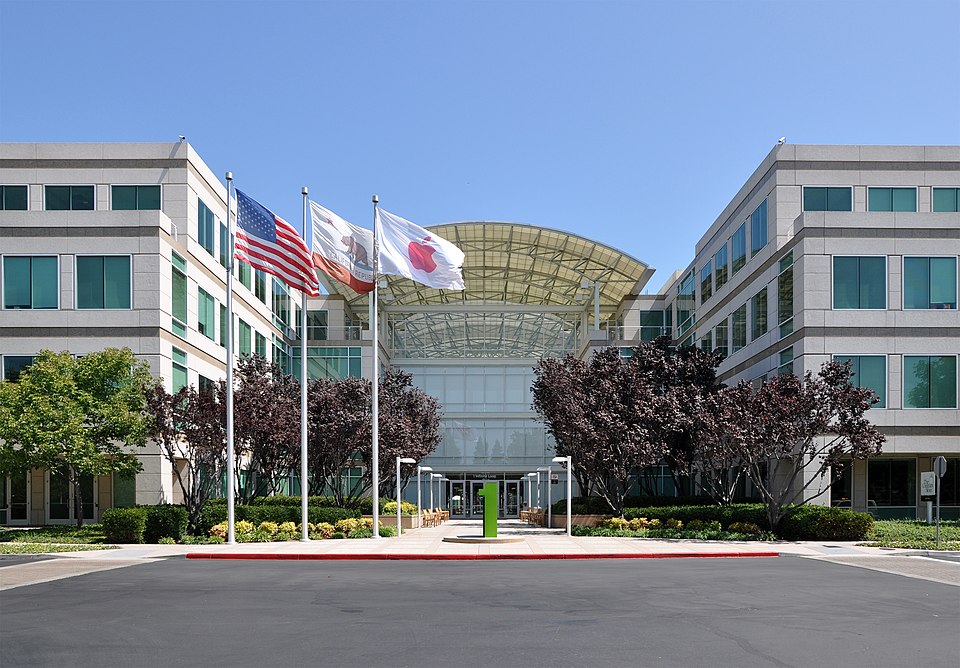
Britain has decided to drop its push for Apple to create a “backdoor” into its encrypted services — a move that would have allowed government access to private data, including that of U.S.
citizens.
The update came directly from U.S. Director of National Intelligence Tulsi Gabbard, who announced on X Monday that she had worked with British officials for months, alongside President Donald Trump and Vice President JD Vance, to reach the agreement.
British Prime Minister Keir Starmer was in Washington this week for talks with Trump and other European leaders, mainly focused on Russia’s war in Ukraine. While London hasn’t confirmed the deal, a government spokesperson stressed that the UK continues to cooperate closely with the U.S. on security matters, while also trying to balance citizens’ privacy rights.
Apple, which has long resisted government pressure to weaken its encryption, hasn’t commented yet on Gabbard’s statement. The company has argued that any “backdoor” built for governments would inevitably be discovered and exploited by hackers or authoritarian regimes.
Earlier this year, Apple even pulled its Advanced Data Protection feature in the UK after facing legal pressure. The feature, available elsewhere, ensures that only users — not even Apple itself — can unlock their cloud-stored data.
In May, U.S. lawmakers raised concerns that Britain’s demands may have violated the CLOUD Act, a bilateral agreement that prevents either government from forcing companies to hand over data belonging to the other country’s citizens. Gabbard confirmed in a February letter that the U.S. was reviewing whether Britain had crossed that line.
This fight over encryption isn’t new. Apple famously clashed with Washington back in 2016, when U.S. officials tried to compel the company to unlock the iPhone of a suspected extremist. The tech giant refused then, just as it’s refusing now, to build in vulnerabilities that could put millions of users at risk. Photo by Joe Ravi, Wikimedia commons.


































